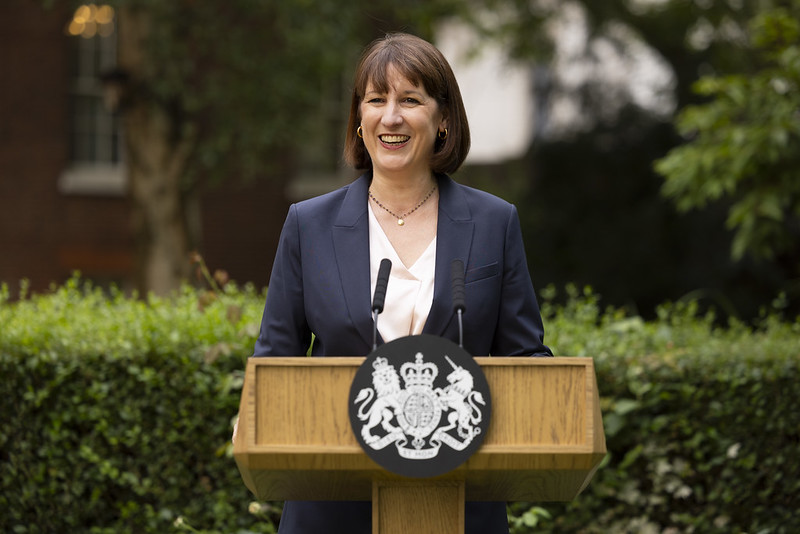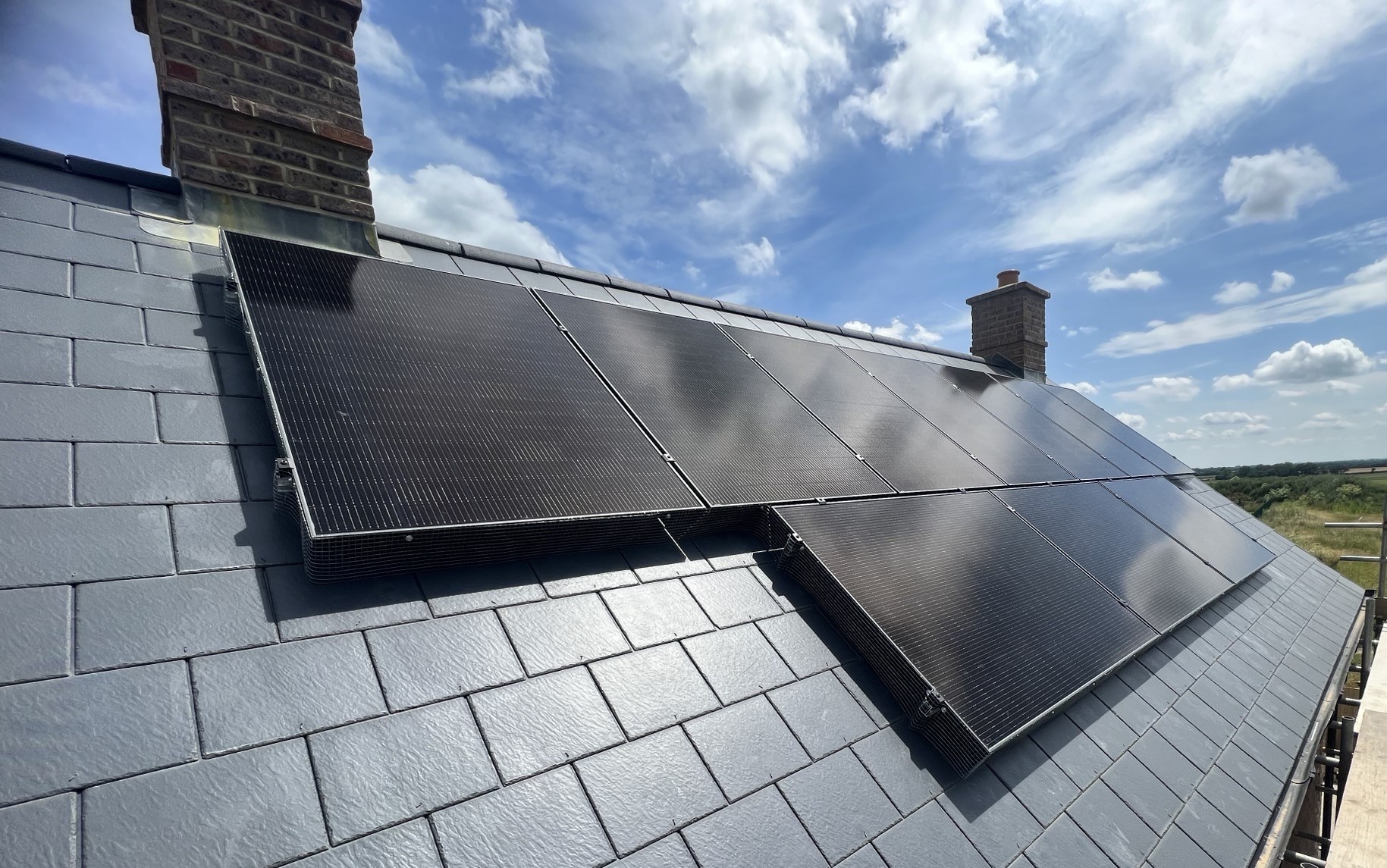This year’s Labour Budget, which includes tax increases and cuts to Winter Fuel Payments, may not have been well received by many people. However, there were some positives in the Budget for public sector investment and renewable energy.
Chancellor Rachel Reeves’ first budget was focused on investment in the UK with the hope to stimulate economic growth and improve living standards.
What does the Budget mean for renewable and clean energy?
There was quite a lot in the Budget for renewable energy and investment into the UK economy to build more stability in the energy sector. The Chancellor stated that the Government is dedicated to transforming Britain into a leader in cleaner energy and outlined the plans to do this.
One of the key things that Labour has already announced is the establishment of GB Energy and she confirmed that initial funding of £125 million will be provided to establish the publicly-owned energy company next year with its base being in Aberdeen in Scotland. GB Energy will develop clean energy projects with the Crown Estate, invest and own renewable energy projects, help build clean energy supply chains, and work with Great British Nuclear to deliver new nuclear projects.
She also announced that long-term investment will be made to advance carbon capture and storage initiatives with an initial £3.9 billion allocated for 2025/26 to get the first carbon capture and storage clusters started.
There was also funding for eleven new green hydrogen projects across England, Scotland and Wales which could make the UK the leader with the earliest commercial-scale hydrogen developments of this type in the world. These eleven green hydrogen producers could aid the UK in decarbonising industry.
Investment was also announced to support the development of floating wind technology by enhancing the port infrastructure with £134 million of funding.
There will also be assistance to accelerate grid connections and build new network infrastructure. There is also work underway with the National Energy System Operator (NESO) and Ofgem to develop a robust grid connection process. NESO will also be working on how the UK can reach net zero electricity by 2030.
Other environment incentives
There were other environment incentives in the Budget which included a commitment to support electric vehicles and tax incentives to encourage the purchase of electric vehicles. This includes the benefit-in-kind tax rates for company cars and that it will continue to favour electric vehicles with an increase of 2% per year to 2029-30. The first-year vehicle exercise duty for electric vehicles with zero emissions will be frozen until 2029-30.
There was also an extension of business rules for ‘green’ first-year allowances on zero-emission cars. There was also over £200 million investment in 2025-26 to accelerate electric vehicle charging points.
Further investment of £3.4 billion was put towards heat decarbonisation and household energy efficiency over the next three years as part of the Warm Homes Plan. This includes support for fuel poverty schemes, increased funding for boiler upgrade schemes and the rollout of heat pumps in England and Wales.





